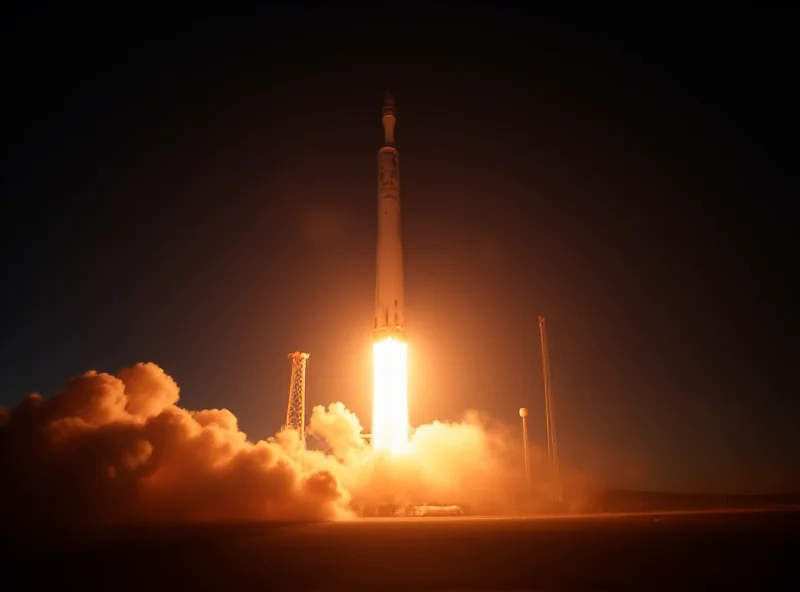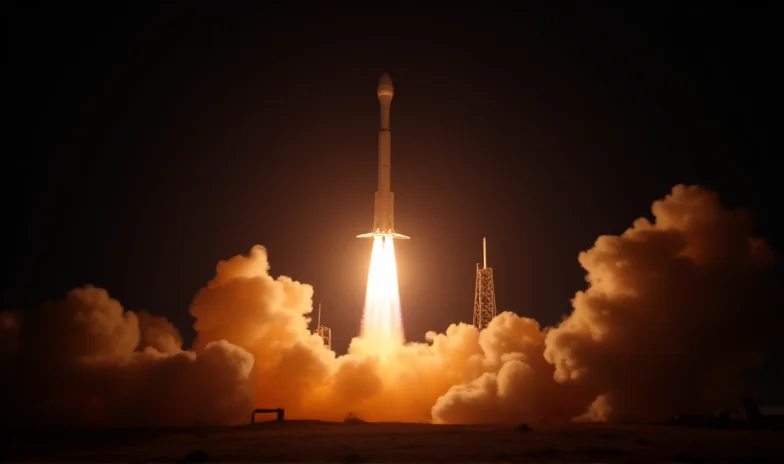Europe is making significant strides in both space technology and artificial intelligence, while also grappling with the ethical implications of emerging surveillance technologies. Recent developments highlight the continent's ambition to compete on a global stage in these critical sectors.
Ariane 6 Takes Flight
The new Ariane 6 rocket has successfully completed its first commercial flight, marking a major milestone for European space endeavors. The launch carried a 3.5-ton French military satellite, CSO-3, demonstrating the rocket's capabilities in delivering payloads to orbit. The European Space Agency (ESA) played a crucial role in the development and execution of this mission. 
This successful launch positions Ariane 6 as a key player in the commercial space market, offering a reliable and independent launch capability for Europe. The rocket's development represents a significant investment in European space infrastructure and aims to reduce reliance on foreign launch providers.
Mistral AI: A European Challenger?
In the realm of artificial intelligence, France's Mistral AI is gaining recognition as a potential competitor to OpenAI. The company, known for its AI assistant Le Chat and several foundational models, is considered one of France's most promising tech startups. However, despite a $6 billion valuation, Mistral AI's global market share remains relatively low. 
Whether Mistral AI can truly challenge OpenAI remains to be seen, but its emergence signals Europe's ambition to foster a strong AI ecosystem. The company's focus on foundational models and AI assistants could position it as a valuable contributor to the development of AI technologies in Europe and beyond.
Controversial Surveillance Extension
While Europe pushes forward in space and AI, it also faces scrutiny over its use of algorithmic video surveillance. An experimental program, initially scheduled to end in March 2025, is now likely to be extended until 2027. This decision has sparked controversy, particularly given the mixed reviews of the program's initial implementation. 
The extension raises concerns about privacy and the potential for misuse of surveillance technology. Critics argue that the program lacks sufficient oversight and could lead to discriminatory practices. Supporters, on the other hand, claim that it is a valuable tool for crime prevention and public safety. The debate surrounding algorithmic video surveillance highlights the complex ethical considerations that arise with the increasing use of AI in law enforcement.
These developments collectively paint a picture of a Europe actively engaged in shaping its future in space, AI, and technology policy. The success of Ariane 6 and the rise of Mistral AI demonstrate the continent's potential for innovation, while the controversy surrounding algorithmic video surveillance underscores the importance of addressing the ethical implications of technological advancements.
